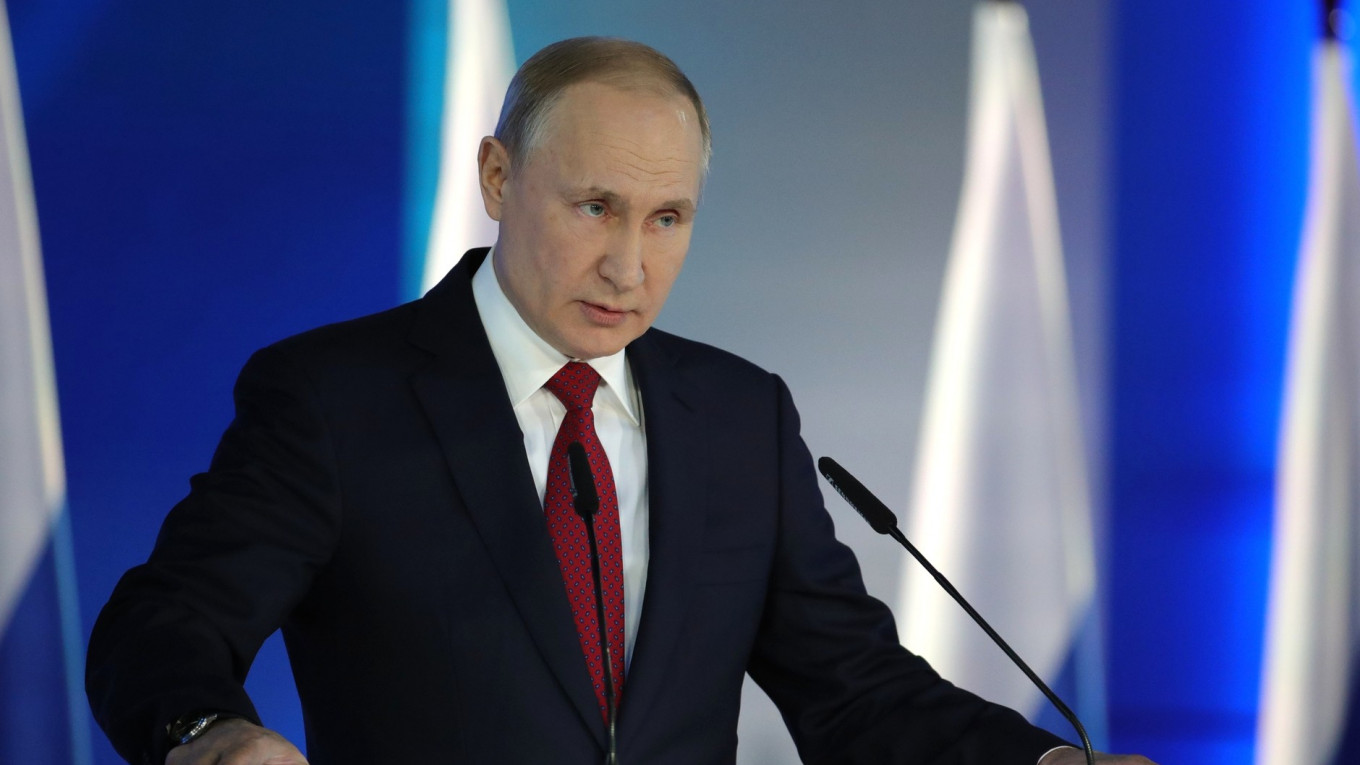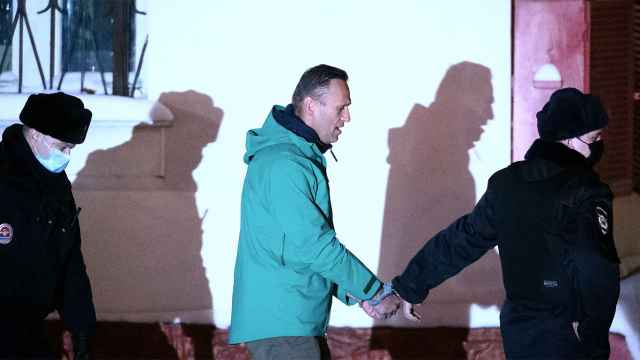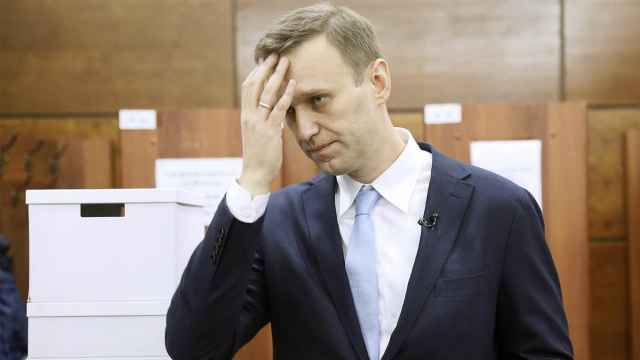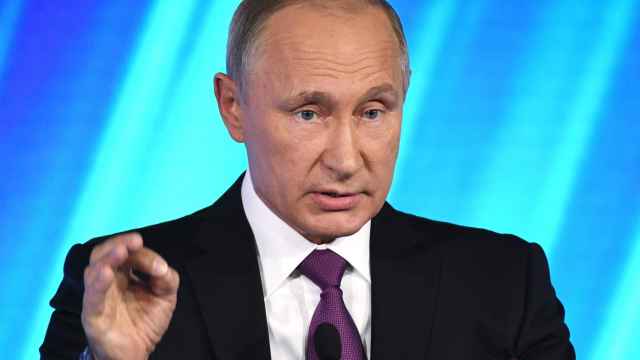Russian President Vladimir Putin has promised to set up a panel of inquiry into the suspected nerve-agent poisoning of prominent Kremlin critic Alexei Navalny, Italian Prime Minister Giuseppe Conte said in an interview published Thursday.
Germany said last week it has “unequivocal evidence” that Navalny, 44, was poisoned with a nerve agent from the Novichok family. On Thursday, Conte told Italy’s Il Foglio daily that “the German government’s position coincides with that of Italy and Europe.”
“President Putin assured me that Russia is willing to clarify what happened, I anticipate that he’ll set up a committee of inquiry,” Conte said.
He added that Putin told him he was ready to cooperate with the German authorities.
Kremlin spokesman Dmitry Peskov said Thursday that Putin had informed Conte about a preliminary inquiry into the incident with Navalny, adding that Russia sees no legal grounds for opening an investigation. Peskov said he did not rule out a “misunderstanding” between the two leaders.
A Kremlin readout of the leaders’ Aug. 26 call notes that Putin “expressed interest in a thorough and impartial investigation of all the circumstances of the incident.” It emphasized Putin’s rejection of “premature and unsubstantiated” accusations that the Russian state played a role in Navalny's assassination attempt.
Conte’s office released an even more brief recap of the call, saying “Covid-19, Belarus, eastern Ukraine, Libya, Navalny's case and bilateral relations were the main topics of the talks.”
Navalny fell seriously ill on a flight from Siberia to Moscow on Aug. 20, prompting the pilots to make an emergency landing in the city of Omsk.
Doctors at the Omsk hospital where Navalny was treated for two days before being flown to Germany maintain that no traces of poison were found in his system.
Russian officials have said they have seen no proof that Navalny was poisoned while Navalny's allies have called for a criminal probe into the poisoning.
A Russian court last week rejected his allies' complaint that authorities had failed to open a criminal investigation into the attempted murder. The court said that investigators had passed their complaint to a regional branch.
Russia's Foreign Ministry summoned Germany's ambassador to Moscow on Wednesday to demand further information about Navalny’s treatment in Berlin. The ministry's spokeswoman alleged this week that Germany was “bluffing” in asserting that Navalny was the victim of an assassination attempt.
A Message from The Moscow Times:
Dear readers,
We are facing unprecedented challenges. Russia's Prosecutor General's Office has designated The Moscow Times as an "undesirable" organization, criminalizing our work and putting our staff at risk of prosecution. This follows our earlier unjust labeling as a "foreign agent."
These actions are direct attempts to silence independent journalism in Russia. The authorities claim our work "discredits the decisions of the Russian leadership." We see things differently: we strive to provide accurate, unbiased reporting on Russia.
We, the journalists of The Moscow Times, refuse to be silenced. But to continue our work, we need your help.
Your support, no matter how small, makes a world of difference. If you can, please support us monthly starting from just $2. It's quick to set up, and every contribution makes a significant impact.
By supporting The Moscow Times, you're defending open, independent journalism in the face of repression. Thank you for standing with us.
Remind me later.






